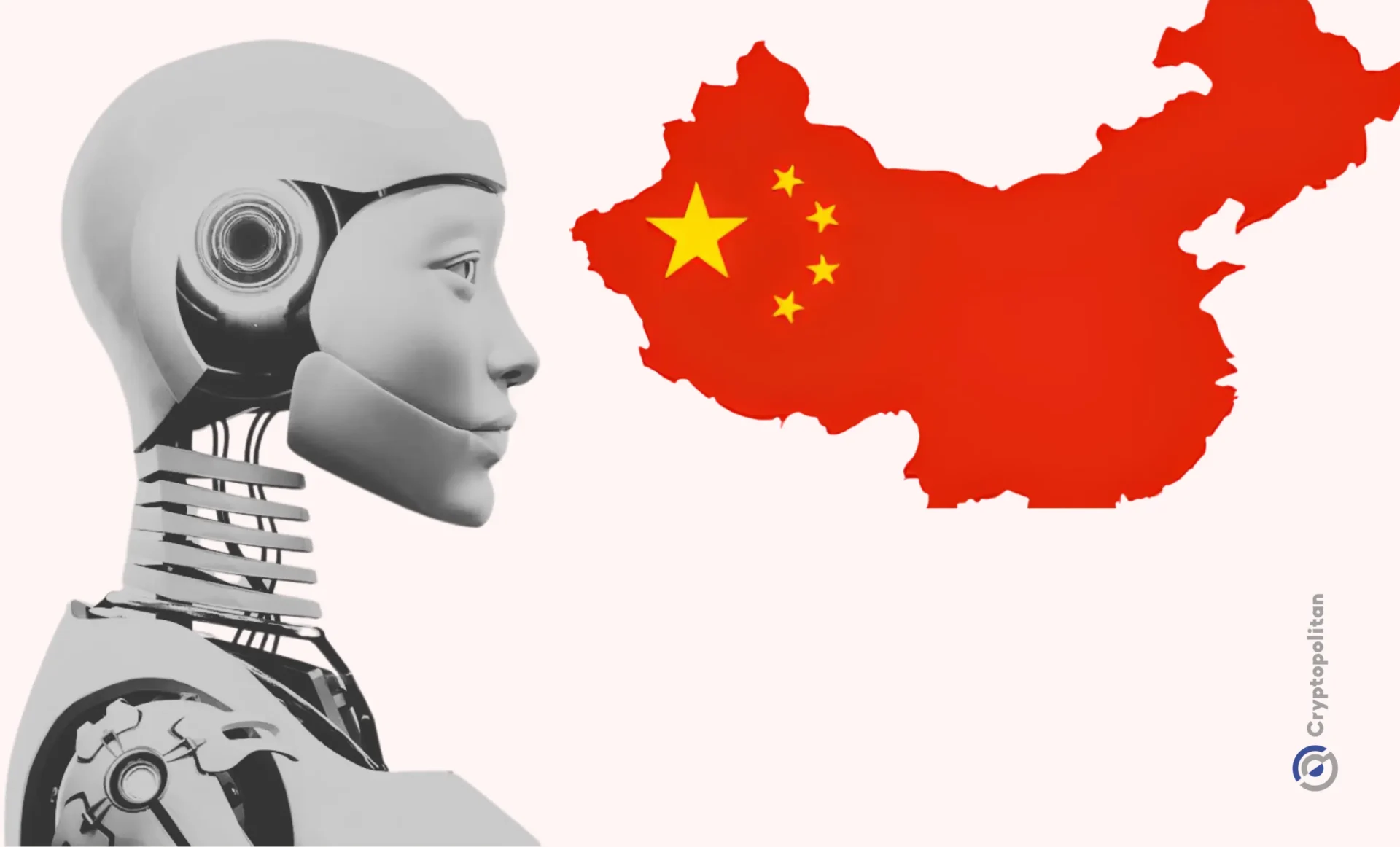China’s major technology firms have significantly ramped up their capital expenditures this year, with a sharp focus on artificial intelligence (AI) infrastructure. The Financial Times reported that Alibaba, Tencent, and Baidu alone spent RMB 50 billion ($7 billion) in the first half of this year.
This is up from RMB 23 billion in the same period of last year. These companies are directing their investments toward the acquisition of processors and the construction of structures needed for training LLMs for AI.
Alibaba ramps up AI expenditure and explains strategy
For instance, Alibaba Group has dedicated a good percentage of the company’s resources to the further development of AI. The company’s capital expenditures stood at RMB 23 billion in the first half of the year, which was 123% higher than the same period last year.
Alibaba’s Chief, Eddie Wu, said that the company is escalating its investment in artificial intelligence research and development to meet the increasing client needs. According to Wu, once a server is up and running, it is immediately fully utilized while expectant of a high ROI in the subsequent quarters.
“We’ll continue to invest in R&D and AI capex to ensure the growth of our AI-driven cloud business.”
Wu
TikTok’s parent company, ByteDance, has also been increasing its investment in AI. ByteDance has a large cash reserve of over $50 billion and is a privately held company. This gives it more freedom than its public counterparts when it comes to investor pressure. This is different from publicly traded firms, which usually are under more pressure to explain spending to shareholders.
Chinese firms navigate U.S. export controls on AI chips
The increase in Chinese tech companies’ AI investments takes place at a time when U. S. export controls are becoming more stringent. These sanctions have limited the availability of the latest Nvidia chips, including the H100 and the Blackwell series, which are slated for the near future.
However, Chinese companies were able to find a solution by acquiring less powerful processors such as Nvidia’s H20 that are in line with the restrictions set by Washington. These chips are built in such a way that they do not surpass the limits of computing power permitted by the US government.
However, the Chinese tech companies are still expanding their investment in the AI technologies. Alibaba’s cloud business has been growing, revenues of the company in the second quarter of this year were up 6% when compared to the same period last year. Furthermore, the revenues from the products related to AI have increased by more than double year on year, which shows that they have chosen the right investment strategy.
Alibaba’s investment strategy includes funding Chinese AI start-ups. In February, the company spent almost $800 million on AI start-up Moonshot, where a large part of the funding was in the form of cloud service vouchers.




